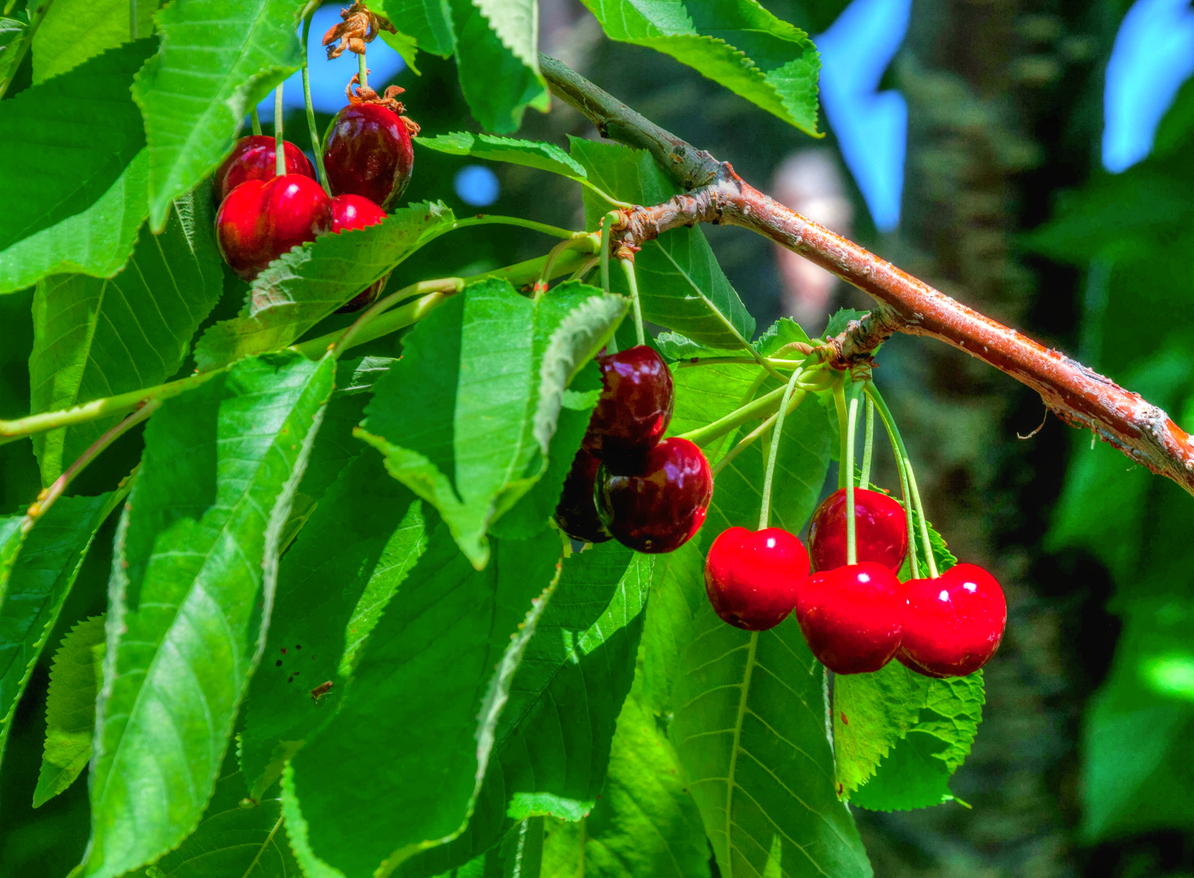Overview:
-New Michigan residential construction and energy conservation codes that were scheduled for an Aug. 29 rollout are postponed.
- The Trump administration removes the National Climate Assessment website.
-A Michigan State University professor plans to plant thousands of trees representing seven species to study which trees are resilient during climate change.
🍒 Traverse City cherry farmers battle rising costs, shrinking harvests Michigan’s cherry farmers face mounting challenges threatening the state’s signature crop, which produces 75% of America’s tart cherries. Climate change-driven weather conditions caused this year’s harvest to drop from 100 million pounds to just 30 million after late-April cold snaps damaged flower buds. Rising land prices from wealthy newcomers, labor shortages affecting migrant workers, and tariff uncertainties compound difficulties. Despite the contribution of cherries to the $6.3 billion in economic impact that specialty crops have in Michigan, cherry farmers received only 11 cents per pound last year against 44-cent production costs. 📌 Source: The Guardian
🚧 Michigan’s new construction codes held up in court Michigan has halted the rollout of new residential construction and energy-conservation codes following a legal challenge by housing trade groups. The Home Builders Association of Michigan and Michigan Manufactured Housing Association sued, alleging the rules are invalid and will add approximately $15,000 to new home costs. Their complaints cite inadequate public hearings, lack of regulatory impact analysis, and failure to meet cost-recovery requirements. A Court of Claims judge signed a stipulated order Monday postponing the Aug. 29 effective date until the litigation is resolved. 📌 Source: Crain’s Detroit Business
🌎 Trump administration takes down national climate assessment website
The National Climate Assessment website, containing the most influential U.S. climate change information, has gone dark under the Trump administration. The report, widely used by teachers, planners, farmers, and citizens, provided searchable data on local climate impacts. Trump’s administration also halted work on the next edition and fired all staff. While Congress mandates reports every four years, the 2027 edition is stalled. The information remains accessible through NOAA archives and NASA’s upcoming website. 📌 Source: Michigan Public
🚒 Canadian-owned hazardous waste facility burns for hours on Detroit’s east side The massive June 30 fire at Aevitas Specialty Services released smoke across Detroit’s east side neighborhoods, with a resident writing on Medium that odors forced them to close windows at 2 a.m. Families in public housing, students at Southeastern High School, and residents of nearby nursing homes and daycares live within a 1-mile radius of the blaze. Despite the reported presence of 100,000 gallons of oil and sulfuric acid onsite, no evacuation orders were issued. The facility operates in a predominantly Black, low-income area already burdened by industrial pollution. 📌 Source: Eden Bloom on Medium
🚏 Solar-powered bus shelters come to Detroit streets in $2.7 million investment Detroit’s bus system is adding shelters to serve its transportation-insecure population, with only 4% of 5,100 stops currently having shelters. DDOT plans to install 60 new shelters by July’s end, featuring glass panels, benches, and solar-powered USB ports, costing $50,000 each. A second phase will add 100 more shelters by 2026. One-third of Detroit residents are transportation insecure, higher than the national average, making these improvements crucial for thousands of daily riders. 📌 Source: The Detroit News
🌳 MSU scientists plant thousands of trees to help Michigan forests survive climate change Climate change is pushing Michigan’s tree species like red pine and eastern white pine out of their growing regions, threatening the state’s $26.5 billion timber industry. Michigan State University professor Jeremy Johnson received a $500,000 grant to plant thousands of trees representing seven species across nine sites statewide. The “assisted tree migration” experiment will track tree performance over 20 years to identify resilient traits, helping forests adapt to rising temperatures and preserve ecological services. 📌 Source: Bridge Michigan


